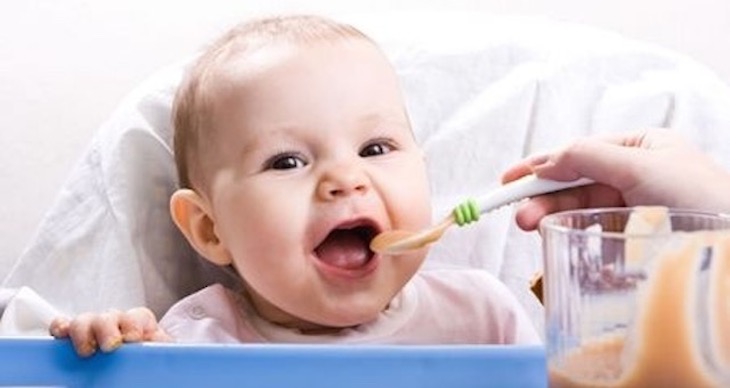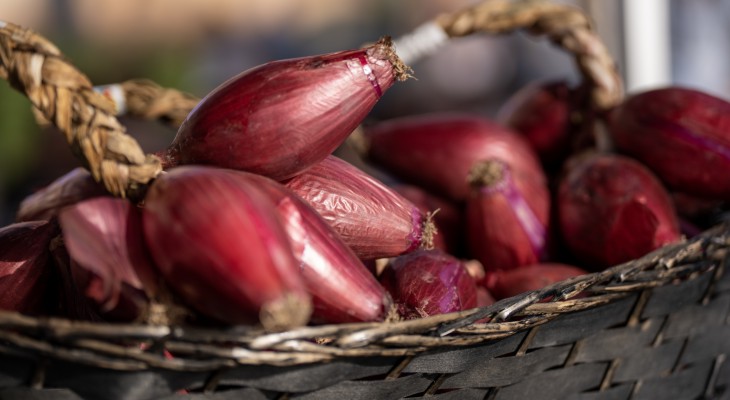
35 billion USD in 2015; this is what the world baby food market is worth according to Nielsen. Growing in developing countries and in recession in Western countries, due to the endemic decline in births (-45% globally from 1960 to 2013) which in Italy has led to a decrease in sales of 3.2% from 2012 to 2014.
“Despite the problems, the market opportunities are still significant – explains Liz Buchanan, Nielsen Director of Global Professional Services –; consumers invest a lot in these categories because they are very careful in selecting products for their children. But to obtain results in an area dominated by a few brands, it is necessary to understand what are the key aspects that guide the choice”
The safety of organic
We expect strong growth in organic products, which already in the past two years have seen a +26% in global sales, compared to a decrease of 6% in non-organic.
“Consumers are increasingly concerned about the health aspect and look for natural and minimally processed foods, and this is even more true for baby food – says Buchanan –; increasingly more parents are looking for foods that can put their children on the road to a healthy life, even if it means moving to the premium segment. We expect this segment to grow when a greater number of parents will be able to spend more”.
In Europe and Asia-Pacific, 31% of respondents consider organic and natural as an “important” element in the choice of products to buy (26% in Africa/Middle East, 20% in Latin America and 18% in North America, which, however, is the largest consumer accounting for 72% of global organic sales).
Innovation is appreciated, also in the packaging
Today, 87% of baby food packaging is in glass jars or tubs. But we expect strong growth in soft packs (containers with plastic spouts from which you can suck the food), currently much in vogue because they are considered practical, and which already from December 2013 to December 2014 have increased worldwide by 28%, with peaks in Ukraine (916%), Brazil (528%), Portugal (316%), Russia (264%), the Netherlands (184%) and Spain (125%).
“The popularity of soft packs is due to the ease of use and flexibility – explains Buchanan -. They allow food to be easily transported and this is compatible with modern, increasingly mobile lifestyles, also encouraging the child’s independence and its ability to eat on its own”.
The price is still one of the key factors
Even though there are still three fundamental considerations – brand reliability, nutrition and safety – value for money is an important consideration, especially in Europe and North America, for over a third of those surveyed. Promotions and discount coupons drive the choice, within a series of brands previously selected as being reliable.
“In Europe, consumers believes that baby food is in any case safe and nutritionally balanced – says Buchanan – and there is also a wider range of products than in other areas of the world. So for some consumers price becomes an important factor in the choice of brand. There are two groups of buyers: the premiums, willing to pay more for a product they perceive to be better, and the value hunters, looking for the best deal”.
Brand, ready to change if there is a promotion
70% of those surveyed said they had changed brands. 40% advised by relatives or friends, 34% based on the recommendations of a paediatrician and 23% for medical reasons.
But 26% of Europeans switched to a cheaper brand and 23% to a promotion.
The data of The Nielsen Global Baby Care Survey come from an online survey carried out in 60 countries and conducted between February and March 2015 on buyers of baby products in the previous five years.
The levers of success according to Nielsen
The keys to success in baby foods according to Nielsen:
Transparency: parents want to know exactly what’s in their children’s food. In addition to the list, it is useful to include the proportions of the various food contents on the label.
Safety first and foremost: it must be viewed as the first concern of the brand and there must be the possibility for the consumer to obtain answers to their questions and concerns, also through social channels
Be natural: the simplicity of home-made things without the effort of cooking: this is what many parents are looking for. Avoid ingredients such as added sugar and salt and preservatives.
Emphasize the health benefits: innovation will take this road in the future, proposing ingredients that bring benefits such as physical and cognitive development, better sleep quality and immunity. Not forgetting the growing number of allergic or intolerant children.
Understand and meet the needs and tastes of the market where you sell: an example is the VitaMeal Baby range introduced by Agro-Food in the Middle East, halal baby food.
Consider the opportunities offered by partnership with a big name, when proposing an innovative product, or a local producer, when entering a foreign market.







